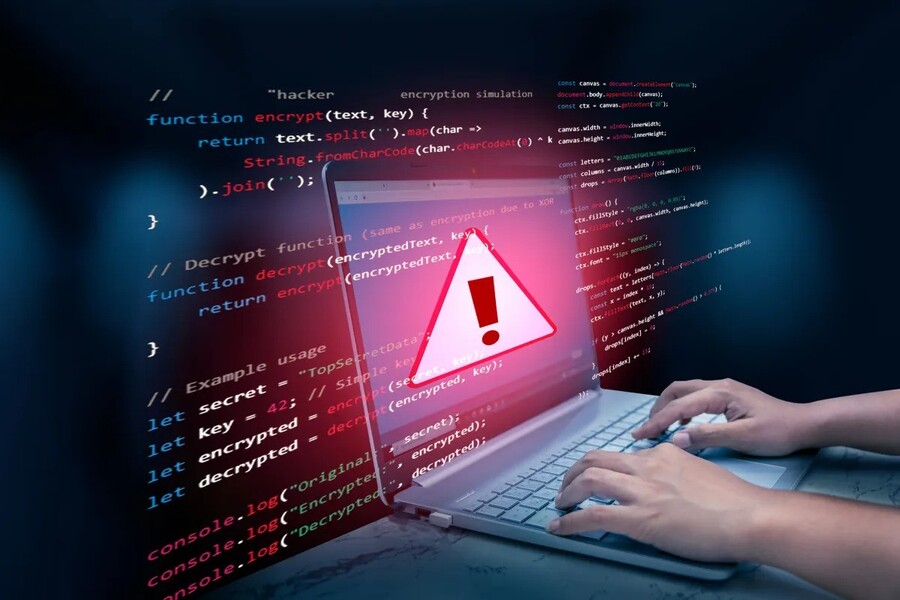Infamous online forum 4chan is gradually returning to service after a major cyberattack crippled the site for nearly two weeks, exposing internal data and revealing the platform’s long-standing financial struggles.
The attack, which first knocked 4chan offline on April 14, was described by site administrators as “catastrophic.” According to an official update posted Friday, a hacker—using a UK-based IP address—exploited a vulnerability through a malicious PDF upload, gaining unauthorized access to one of 4chan’s servers. From there, the hacker reportedly exfiltrated sensitive database tables and much of the platform’s source code, before vandalizing parts of the site and alerting moderators to the breach.
In response, 4chan’s servers were promptly shut down to contain the damage. However, the breach’s impact was severe enough that full recovery efforts are still ongoing.
“Ultimately, this problem was caused by having insufficient skilled man-hours available to update our code and infrastructure, and being starved of money for years by advertisers, payment providers, and service providers who had succumbed to external pressure campaigns,” 4chan’s administrators wrote in their statement.
4chan’s leadership made it clear that chronic underfunding was a major factor contributing to the security lapse. The platform, which has long been controversial for hosting extreme and often offensive content, has faced sustained financial pressure from activist campaigns targeting its advertisers and payment processors. According to 4chan, service providers who agree to work with the site are often quickly forced to sever ties under public and corporate pressure.
This financial isolation has starved 4chan of the revenue needed to maintain and update critical infrastructure, leaving security vulnerabilities unaddressed.
The site’s broader reputation problems have also played a role. Once seen as a vibrant hub of internet culture and creativity, 4chan has over the years become more closely associated with extremist movements, such as Gamergate, and with hosting content tied to mass shooters and far-right communities. Journalist Ryan Broderick, writing for Wired during 4chan’s downtime, even declared the platform “dead,” arguing that it had devolved from an anarchic cultural touchstone into a dangerous online haven for extremism.
In a defiant response posted to X (formerly Twitter), 4chan’s team mocked Wired’s obituary, asking, “Wired says ‘4chan is dead.’ Is that so?” Despite the hack’s severity, 4chan’s administrators have pledged to rebuild and remain operational. As of Sunday afternoon, basic site functions such as the homepage and board browsing were restored, although posting, image uploads, and thumbnail displays were still offline.
Administrators also announced some immediate changes to prevent further breaches. PDF uploads have been temporarily disabled, and the /f/f/board, a section dedicated to Flash animations, has been permanently taken offline due to security risks inherent to SWF files.
In the blog post, the team stated emphatically: “4chan is back. No other website can replace it, or this community. No matter how hard it is, we are not giving up.”
4chan’s partial comeback highlights a key tension for online communities historically known for minimal moderation: sustainability versus freedom. While platforms like 4chan champion anonymous free expression, that openness often makes them unpalatable to advertisers, isolating them financially and operationally. The recent breach is not only a cybersecurity failure but a stark reminder of the financial and ethical risks that controversial platforms face in a more regulated, scrutinized internet landscape.
For users, the site’s vulnerabilities raise serious concerns about the safety of their data, the platform’s long-term viability, and the future of anonymous, minimally moderated spaces online.
The site is still in the process of restoring full functionality. There is no official timeline for when all features, such as posting and media uploads, will return. Meanwhile, administrators are urging patience and promising to reinforce site security, though they acknowledge that financial limitations will continue to challenge their efforts.
Whether 4chan can fully recover both its functionality and its cultural relevance remains an open question—one that depends heavily on its ability to survive persistent financial, legal, and reputational pressures in a fast-evolving digital world.


